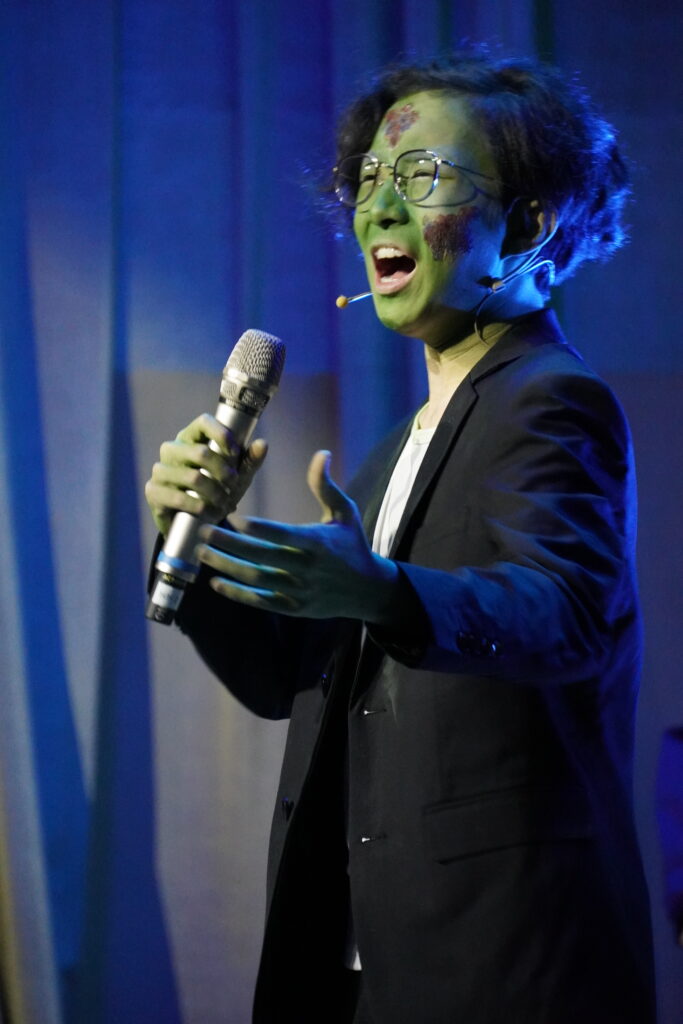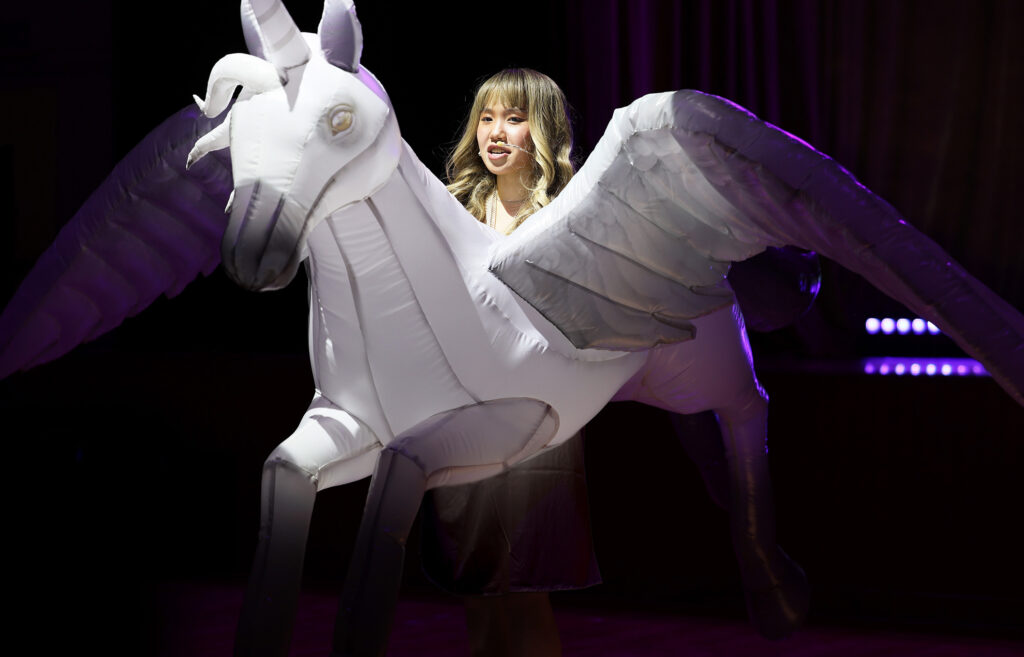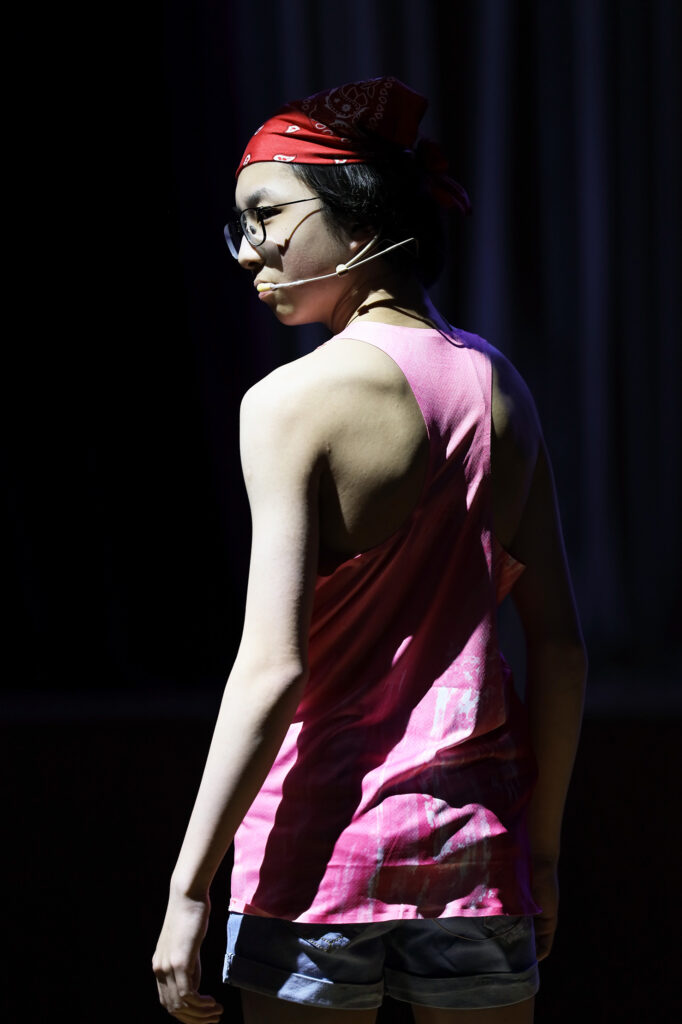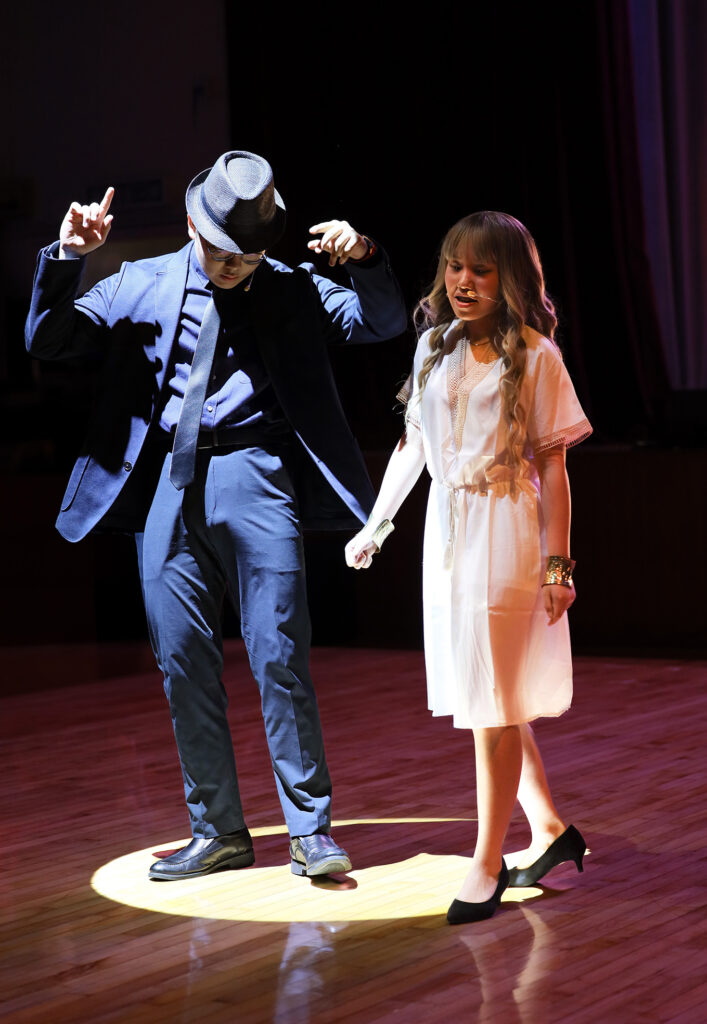CREATIVE ARTS
The study of Creative Arts is essential in education as it develops emotional intelligence, confidence and resilience. The study of Creative Arts also teaches discipline and commitment, communication skills, identity and belonging, creativity and problem-solving skills and coordination.
| Year 7 & Year 8 | Year 9 | Year 10 & Year 11 | Year 12 & Year 13 |
| Drama Music Art | Performing Arts Music Art Media – Film Making | Performing Arts (Drama) Music Art Creative Media – Film Making | Performing Arts (Drama) Music Art Creative Media – Film Making |
| Compulsory | Compulsory | Optional | Optional |



BTEC Performing Arts
For students with their sights set on a career in the performance industry, a BTEC in Performing Arts is a great choice. The practice-based courses aim to provide students with the relevant skills and knowledge that employers value, as well as the confidence to progress into a fulfilling, exciting career in a creative industry. At this point in time we offer BTEC Performing Arts for Acting and Musical Theatre.
The primary purpose of Creative Arts is to express feelings and ideas or tell a story. They are often seen as entertainment or amusement but can also be used to teach lessons or relay messages. The value of Creative Arts lies in their ability to stimulate the imagination and creativity of both the creator and the observer.
They can communicate emotions that cannot be easily expressed through words alone. In addition, creative arts can be a form of therapy, providing an outlet for stress and anxiety. Whether used for amusement, education, or self-expression, the creative arts serve a purpose in our lives.



Music
Music is the key to the culture and life here at KIS. As an art form, music expresses thoughts, ideas and emotions through various events and activities at KIS. Learners gain experience and develop creativity through workshops, creating music, ensemble performances and concerts.
